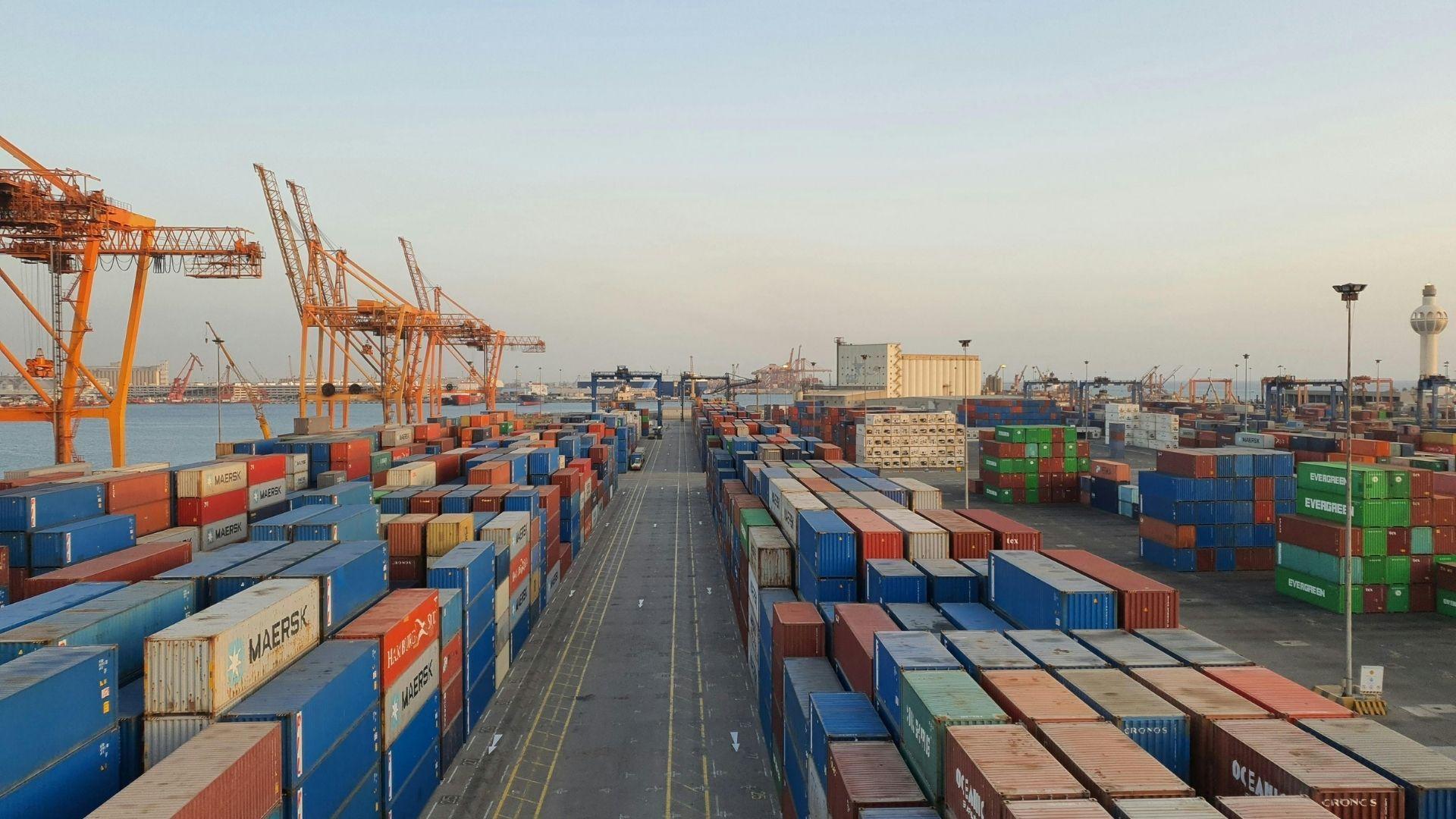
How Can You Simplify Cross-Border Shipping as an SMB? A Practical Guide
Introduction
Cross-border shipping can feel daunting for small and mid-sized businesses (SMBs), with new paperwork, unfamiliar duties, customs rules, and the risk of delays or hidden costs at every step. The good news? With the right strategies, tools, and partners, even a small business can master international logistics, grow sales, and provide a seamless experience for global customers.
1. Start Small, Scale Smart
Don’t try to conquer the world at once.
Test your international operations by starting with nearby countries or those with existing free trade agreements. This limits transit times, reduces the complexity of customs, and gives you the chance to perfect your shipping workflow before expanding further.
- Pro tip: Focus first on durable, non-perishable products that won’t be impacted by longer transit or customs delays.
2. Leverage Technology for Efficiency
Digital platforms and integrations are your secret weapon.
Modern SMBs can simplify shipping by connecting their e-commerce platform directly to logistics providers automating rate calculations, label generation, real-time tracking, and even customs forms.
- Choose shipping software or marketplaces that offer:
- Multi-carrier comparisons and discounted rates
- API or direct integration with your shopping cart
- Smart label printing and shipping alerts

3. Master Your Documentation
Get your paperwork right the first time—every time.
Delays and extra costs most often stem from missing or incorrect customs documents. SMBs should always provide:
- Commercial Invoice (clearly stating product, value, origin)
- Packing List
- Harmonized System (HS) codes for product classification
- Certificate of Origin (when required)
- Waybill/Bill of Lading
Check your destination country’s import regulations and make sure all forms are complete, legible, and electronically stored for fast access. Automated customs tools or broker services can validate forms before submission and are often worth the investment.

4. Choose The Right Shipping Method
Pick the method that fits your product, customer expectations, and margins.
- Express services: Best for urgent or high-value items offer tracking, speed, and premium care.
- Economy or consolidation: Cost-effective for less urgent/durable shipments (LCL shipping can save up to 60% compared to full container moves).
- Hybrid: Offer free or economy shipping over a certain spend and charge for upgraded delivery speeds, appealing to a wider set of international buyers.
5. Partner with Freight Forwarders and Customs Experts
You don’t have to know everything hire expertise where it matters.
A reputable freight forwarder or customs broker will:
- Aggregate volume for better rates
- Manage multi-country compliance and paperwork
- Advise on duties, Incoterms, and payment types
- Track and resolve issues at borders
This empowers SMBs to offer “delivered duty paid” (DDP) pricing for customers—removing surprises and building trust.

6. Proactively Manage Costs and Customer Expectations
No one likes surprises:
Calculate and clearly communicate “total landed cost” product, shipping, duties, taxes, insurance, handling fees so buyers know what they’ll pay at checkout. Accept local payment options and give estimated delivery windows based on real data (and past experience!).
7. Learn From Data and Grow
Track what works and iterate.
Use software analytics, customer feedback, and carrier performance data to continuously refine your cross-border offering expand into new markets as confidence and process maturity grow.
Conclusion
Cross-border shipping can be a game changer for ambitious SMBs, unlocking new growth and global opportunities. By leveraging digital tools, perfecting documentation, partnering wisely, and starting smart, small businesses can simplify international logistics and compete with larger brands.
Ready to simplify your cross-border shipping?
Partner with an expert like Sea Sky Cargo Service, specializing in making global logistics simple, affordable, and stress-free for small businesses.
